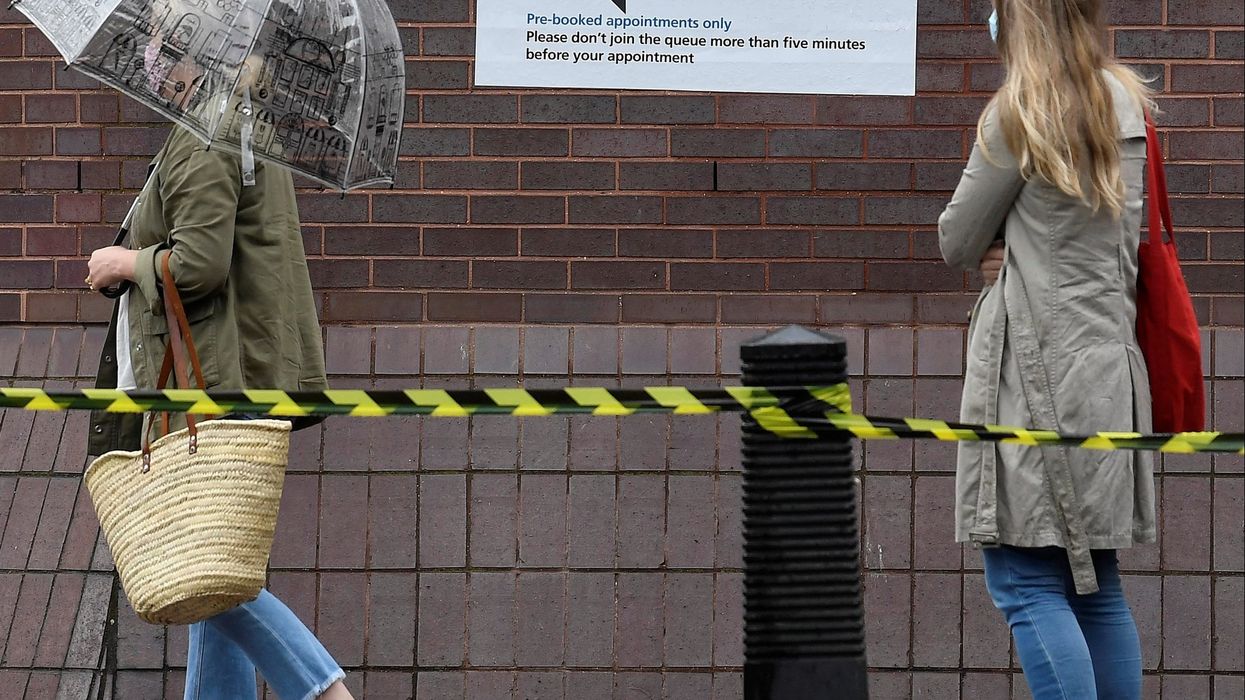THE Delta variant has fuelled a surge in infections as the UK recorded 10,476 new coronavirus cases on Friday (18).
In the last 24 hours, 11 people have died from Covid-19 and taking the total to 127,956.
The Delta variant, first to have emerged from India has doubled hospitalisations in one week. As of June 14, 806 people were admitted to hospital with the new strain, a rise of 423 on the previous week.
There has been a 79 per cent rise in cases because of the Delta variant in one week, says data by Public Health England. It is believed that unvaccinated people could be driving a rise in transmissions.
The R rate is England according to figures has remained unchanged from last week and is between 1.2 and 1.4.
The coronavirus rate, or R, represents the average number of people each Covid-19 positive person goes on to infect.
When the figure is above 1, an outbreak can grow exponentially but when it is below 1, it means the epidemic is shrinking.
An R number between 1.2 and 1.4 means that, on average, every 10 people infected will infect between 12 and 14 other people.
Dr Jenny Harries, chief executive of the UK Health Security Agency, was quoted as saying: “The increase is primarily in younger age groups, a large proportion of which were unvaccinated but are now being invited to receive the vaccine.
“The vaccination programme and the care that we are all taking to follow the guidance are continuing to save lives.
“Please make sure that you come forward to receive both doses of the vaccine as soon as you are eligible. Don’t drop your guard – practice hands, face, space, fresh air at all times,” she added.
Surge testing
After a rise in Delta cases in parts of south London and Cumbria, surge testing is being rolled out, with extra testing having started on Saturday (19) in Clapham, Brixton, Stockwell, West Norwood and Vauxhall.
Moreover, people who live in Lambeth are being encouraged to take a Covid-19 PCR test, whether or not they have symptoms.
Prof Adam Finn of the Joint Committee on Vaccination and Immunisation said a new wave of infections is definitely under way in England.
But epidemiologist Dr Mike Tildesley says he is "cautiously hopeful" hospital admissions will not be on the same scale as in January.




